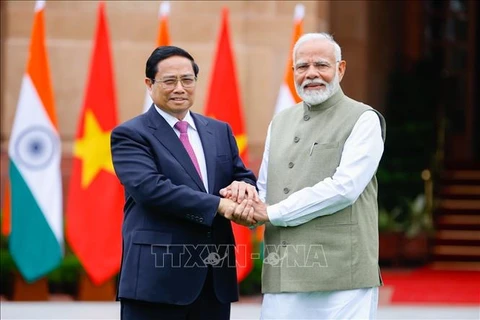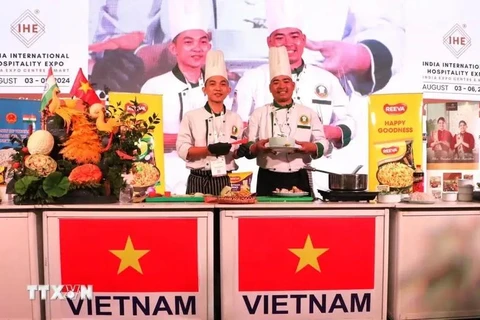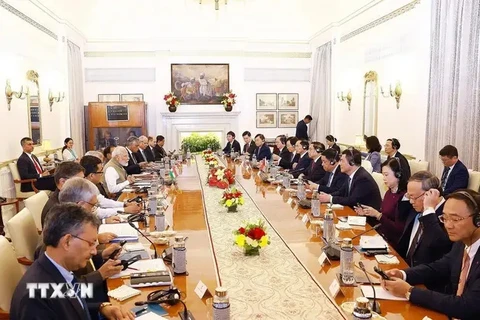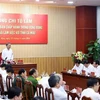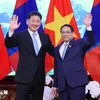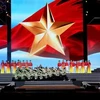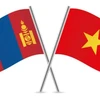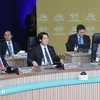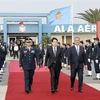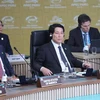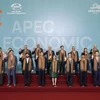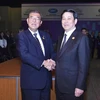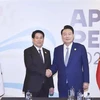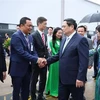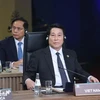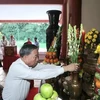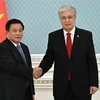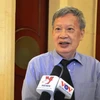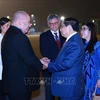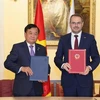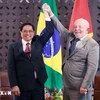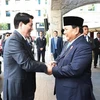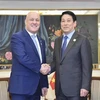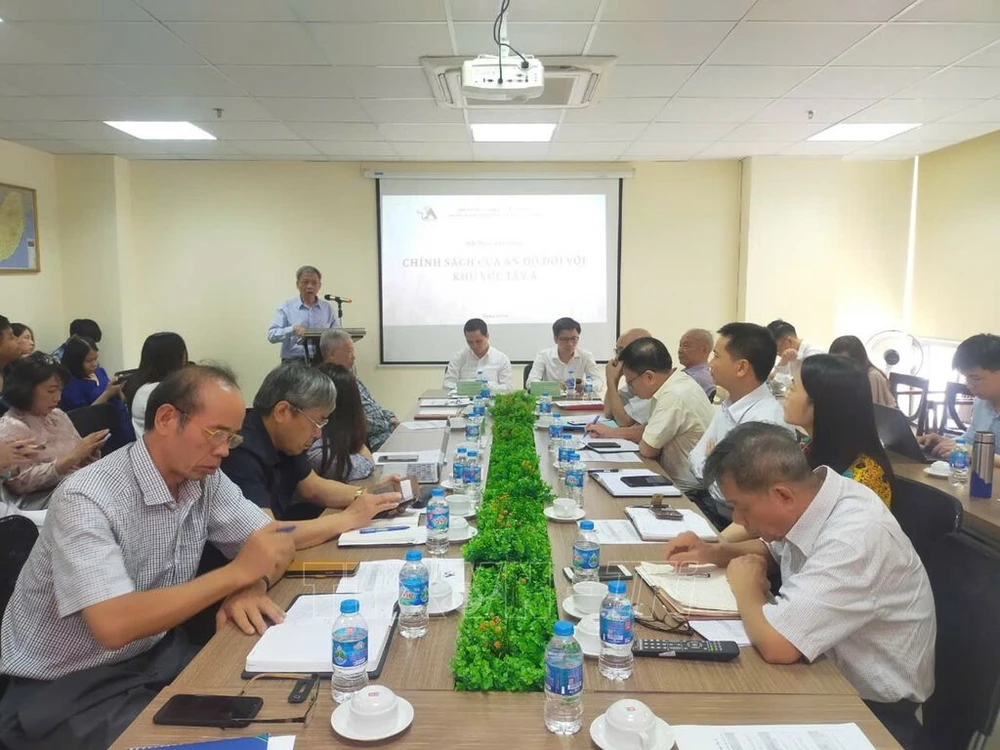
Hanoi (VNA) - Vietnam can learn from India's balanced and comprehensive strategy in establishing international relations, especially in the cultural and economic fields, said experts at a Hanoi conference on India's policy towards West Asia and lessons for Vietnam on August 15.
Associate Prof., Dr. Nguyen Xuan Chung, Director of the Institute of South Asian, West Asian and African Studies under the Vietnam Academy of Social Sciences (VASS), expanding and strengthening neighbourly relations and actively participating in regional and global initiatives will help Vietnam enhance its position in the international arena. VASS Vice President Assoc. Prof., Dr. Ta Minh Tuan held that the comprehensive analysis of India's strategy towards the West Asian region, especially its role in areas such as economy, cultural exchange, education, and community relations will show a clear picture of the relationship between India and the West Asian region in the context of globalisation and economic transformation.
At the same time, it will be helpful for Vietnam to consider the impact of Indian policies on this region, thereby drawing appropriate lessons and strategies to apply to the national development process, he held.
Chung noted that India is vigorously implementing both the “Act East" policy and “Connect West” policy, with a focus on West Asia, to enhance economic development and expand relations.
The country is also actively promoting diplomatic relations with countries in West Asia and the Southern Hemisphere, strengthening neighbourly relations and expanding cooperation in the Indo-Pacific region. It is also striving to create international consensus and become a global power by developing cultural centres, promoting Yoga and traditional medicine, and playing a pioneering role in international alliances.
Learning lessons from India, experts asserted that building flexible and responsive foreign strategies and policies is necessary to ensure national interests and enhance Vietnam's position in the international arena.
They agreed that from India's experience in building a multi-dimensional strategy, Vietnam can study and apply India's flexible strategic models in establishing foreign relations with strategically important regions such as West Asia.
In addition, Vietnam should consider developing economic relations with West Asian countries, not only in trade but also other areas such as energy and technology, they said, adding that Vietnam can shape an independent foreign policy that brings the highest benefits to the country./.
